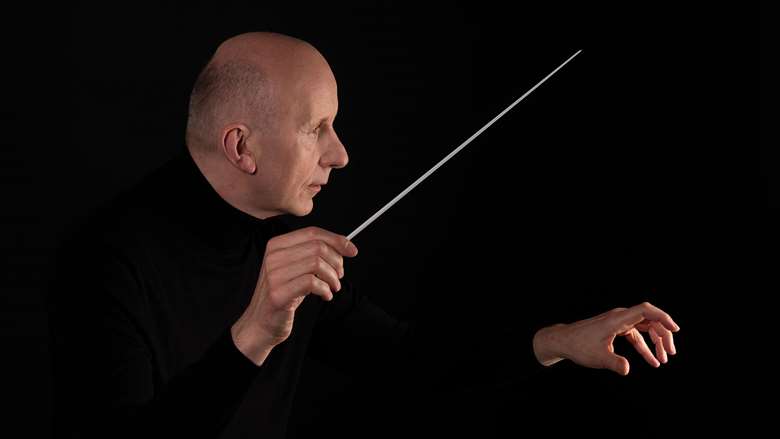Bruckner's Symphony No 1, an introduction by Gerd Schaller
Monday, February 19, 2024
Gerd Schaller on the immediacy and philosophical nature of the composer’s first numbered symphony

Register now to continue reading
Thanks for exploring the Gramophone website. Sign up for a free account today to enjoy the following benefits:
- Free access to 3 subscriber-only articles per month
- Unlimited access to our news, podcasts and awards pages
- Free weekly email newsletter

















